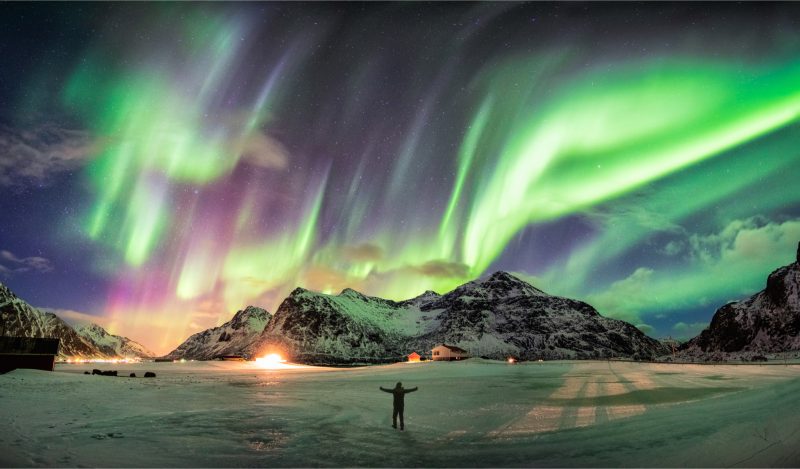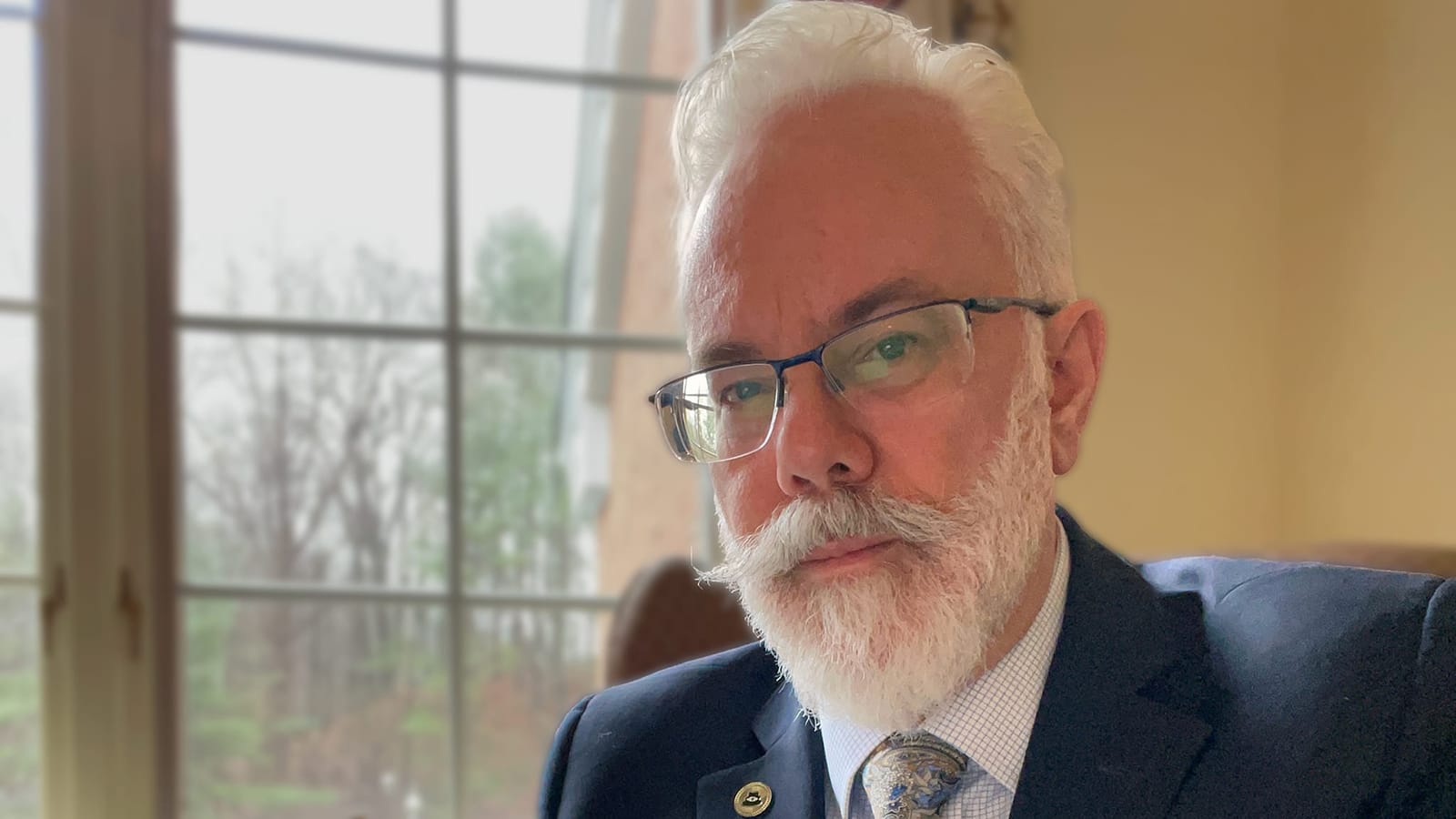Norway! Land of the midnight sun, phenomenal fjords and lakes, fanatical skiing culture, and spectacular northern lights. Sounds like a delightful place.
Now the Norwegian government has added a new reason to visit this region of the Scandinavian Peninsula. On February 12, 2022 Norway has completely opened their borders to all tourists and lifted all travel restrictions, face masking, social distancing, quarantining, and vaccination requirements throughout the country (with the exception of Svalbard.)
Could this be the beginning of a domino effect across the globe? One would certainly hope so.
The Before Times
International travel a century ago came to define modernity and liberalism, the desire, willingness, and ability to go anywhere as free people regardless of one’s national attachments. That reality was the culmination of the long crawl out of feudalism, aided by technology and bolstered by the democratization of prosperity.
Anyone, even without a passport (before the Great War) could hop on a boat and discover new lands, new peoples, new experiences, new ways of living, thus broadening minds and leading to an intensification of the enlightenment idea: the “brotherhood of man.”
Nearly the entire world was open for travel, tourism, commerce, and free trade. Hardly anyone questioned it. It was not threatened. It seemed to be baked into how the world worked and how we lived. We had rights, among which was the right to travel.
In November of 2019, I made a two-week long trip to Estonia, a country that has moved their entire government on to a blockchain, to meet with the e-Residency team and pick up my Estonian Digital Residency card. It was exciting! It felt like the opportunities for entrepreneurship, free trade, and global friendship were flourishing.
The New Normal?
Suddenly, in March of 2020, the entire globe was shut down. Commerce, trade, tourism, and the liberty to cross borders was frozen. All of what we took for granted; our freedoms, our friendships, our families and ancestry, the connection to our heritages and communities were cut off. All of the progress made over the centuries came to a complete halt. The resulting regression into tribalism, backslide into authoritarianism, resultant collateral damage, and destruction of confidence in public health has been disheartening.
Nearly two years later, protests against enforced mandates continue in places like Canada and New Zealand. The leaders of those countries, Justin Trudeau and Jacinda Ardern, are facing falling popularity amid a growing resistance to their overbearing policies. The blowback seems to be getting worse as these politicians project a willingness to sacrifice their own constituents in order to save face.
Italy and Austria continue to double down and restrict their citizens with draconian, authoritarian, and tyrannical regulations. Vaccine passports are mandated for employment, grocery shopping, dining out, going to the gym, or attending cinema. And in addition, heavy fines are levied for non-compliance.
Protests have also continued for months in Israel, Italy, Austria, Belgium, France, and many other countries. As of this writing, the news cycle changes so often it is difficult to ascertain what will happen next. There is much hope, but there is yet much to be concerned about.
Yet, even as these lockdown countries continue to burden their populations with a heavy yoke, there is relief appearing as restrictions are lifted in other locations. Washington, D.C. is lifting the vaccination requirement to enter businesses. Sweden and Denmark have removed most restrictions inside of their countries, but have yet to fully open their borders.
The CDC and Kayak publish maps and charts with information about travel restrictions and border closures and openings that, during the height of the pandemic, were updated daily. Now that countries are lifting mandates, it seems the updates come slow, if ever. It makes one wonder if they’ve lost interest or if there’s a narrative to keep reinforced.
Bring Back Balance
In what seems to be a related issue, the former Soviet Bloc countries bordering Russia now have much more to worry about than just pandemic policies. Without a solid tourist base and reasonably unrestricted global economic and entrepreneurial interests, the citizens of Ukraine, Estonia, Latvia, Lithuania, Georgia, Armenia, and many others are left without an international buffer.
Previous to 2020, the growth of digital nomads and expats bringing their businesses to and residing in these countries created a compelling argument for balance and stable foreign relations. Without that buffer, there is a real risk of sliding back into isolationist policies and nationalist populism that threatens to push the world back into Cold War territory. Perhaps worse.
The governments of these vulnerable countries might want to look toward Norway for a possible solution.
This is Normal
What is the lesson Norway offers the rest of the world? It seems that the official memo from the Norwegian authorities is mirroring much of what the Great Barrington Declaration prescribed and is embracing a focused protection protocol. Protect the vulnerable, take precautions, and live your life without fear. This is how it should have been from the beginning.
The message from the official Norwegian travel site is: “You can travel to Norway without having to worry about anything more than having a good time!” This sounds reasonable and welcoming.
I may take them up on that offer. Maybe you should too. Let’s begin to rebuild a world of trust, free enterprise, voluntary interaction, and the ethos of Enlightenment.
This is the positive path forward. This is what normal looks like. This is pre-Covid living. Or should I say: This is living!
Norway is the future and the rest of the world needs to get on board and ride this enlightened, public health cluetrain into the next chapter. Invite the world back into your country. Open the borders to commerce and trade. Bring back adventure and discovery for everyone.
Norway, here we come!
Join the conversation:


Published under a Creative Commons Attribution 4.0 International License
For reprints, please set the canonical link back to the original Brownstone Institute Article and Author.









